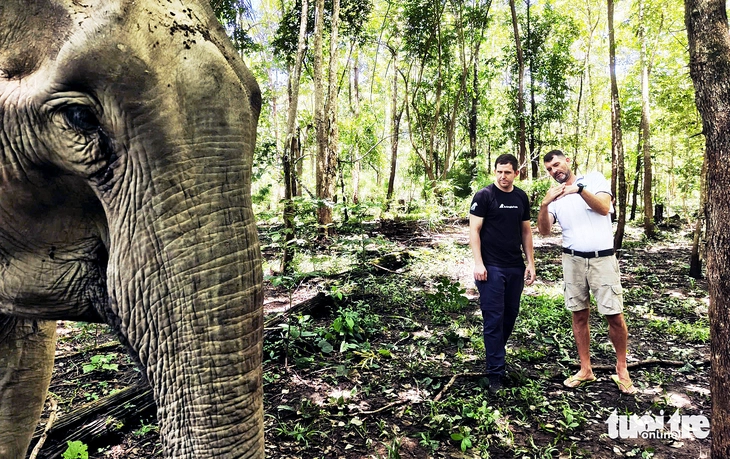
Mr. Ryan (right) presents his experiences and views on elephants to veterinarian Godoy Gonzalo Manuel (Argentine), an AAF intern here - Photo: TRUNG TAN
In the middle of Yok Don forest in mid-September 2025, the late rainy season sun shone down on the trails covered with dry leaves. A group of people patiently walked for hours to find domesticated elephants scattered in the forest. Diligently accompanying the group throughout the journey was Mr. Ryan Jonathan Hockley (British), an elephant welfare expert from Animals Asia (AAF).
Beside him were veterinarians, staff of the Elephant Conservation Center, animal rescue and forest protection management of Dak Lak province and local elephant trainers.
From childhood dreams to the great Central Highlands
On their backs, they carried backpacks of medicine, medical equipment, and supplementary food. Every time they spotted an elephant, the team stopped: the doctor examined it, Ryan recorded its behavior, and the mahout held the elephant for vaccination. The four-day trip spanned Buon Don and Lak, the two places with the largest herds of domesticated elephants in the province.
Ryan, nearly 60 years old, has gray hair and a tanned face. He has more than 35 years of experience working with elephants in many Asian and African countries. "I have seen elephants used as tools, pulling wood and carrying passengers until they are exhausted. They have memories and emotions, and I want to help them live according to their instincts," he said.
In 2021, when Dak Lak signed a cooperation agreement with AAF to end elephant riding tourism , Ryan accepted the invitation to go to Vietnam. For him, living and working with elephants in Yok Don is a "dream come true".
In Yok Don, Ryan does not just sit at a desk. He directly goes to the forest, vaccinates, treats, sets up nutritional regimens, accompanies the veterinary team, shares international experiences and trains mahouts, who have spent their lives with elephants, to change the approach: observing, caring for and accompanying elephants in a friendly way.
Mr. Nguyen Dai Bang - an employee of the Elephant Conservation, Animal Rescue and Forest Protection Center - commented: "Ryan works straightforwardly, clearly points out professional issues but always respects local culture. He is willing to climb mountains and wade streams with his colleagues. That's why people call him the Westerner for elephants."
Ryan also learned about the cultural life of Buon Don, where elephants have been associated with the Ede and M'nong people for hundreds of years. "I want to listen and share to find solutions to make elephants happier while people still have a livelihood," he said.
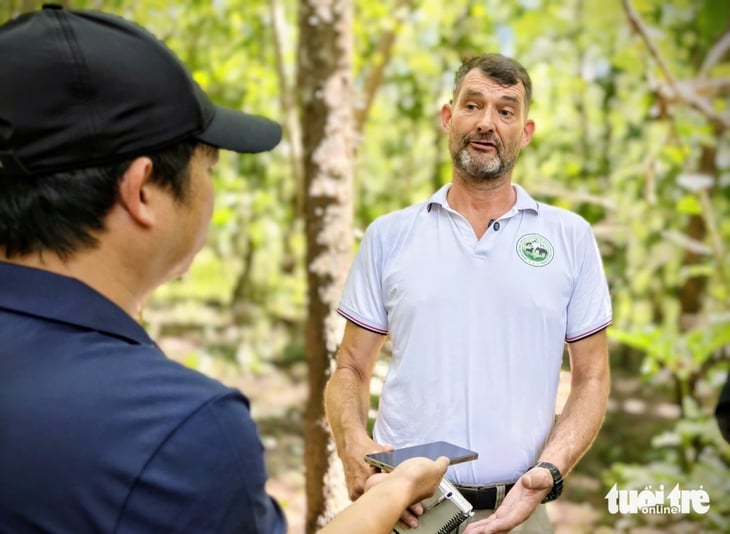
Mr. Ryan shared that he wanted to find a solution to make elephants happier while people still had a livelihood - Photo: TRUNG TAN
Transformation projects and challenges
Dak Lak currently manages 35 domesticated elephants, the largest herd in Vietnam but is facing the risk of decline. From 2022 to 2026, the province will implement the project "Converting elephant riding tourism to elephant-friendly tourism" with a total budget of more than 55 billion VND, of which AAF will sponsor nearly 51 billion VND.
The project's goal is to completely replace elephant riding with a friendly experience: walking with elephants in the forest, observing elephants bathing, eating, taking photos, listening to mahouts tell stories. To date, 14 captive elephants have had their living conditions improved, 11 have participated in the non-ridden model. Mud baths, nutritional supplements, and regular medical check-ups have all been completed. AAF and Ryan also provide training for mahouts, raise public awareness, and connect with international resources.
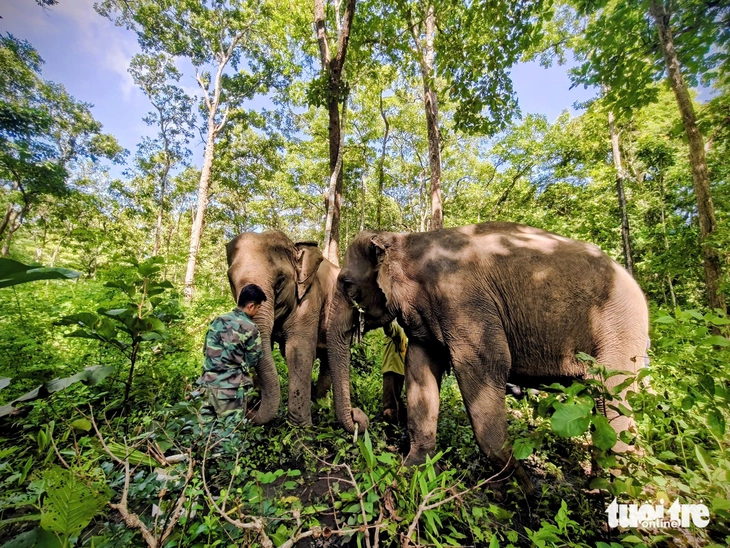
Elephants participating in the program leisurely play and eat in the forest area of Yok Don National Park, Dak Lak - Photo: TRUNG TAN
Despite the many successes, Ryan still has concerns. Most domestic elephants are over 40 years old and have low reproductive capacity. Their habitat is shrinking, and human-elephant conflicts still occur. The project has encountered problems: the approval process is taking a long time, some elephant owners are hesitant because their income is not stable, and changing the model's operating unit has slowed down progress. "These difficulties need to be resolved soon, otherwise it will affect the project," he worries.
But Ryan is optimistic: "International tourists are increasingly concerned about animal welfare. If Dak Lak develops a friendly model, this will be a special destination in Vietnam."
For over two years, Ryan has lived almost entirely in Yok Don, traveling throughout Buon Don and Lak. He is used to walking dozens of kilometers every day, and is used to hearing the elephants calling every morning. Being far away from his hometown and family, he does not complain. "Seeing healthy elephants makes me feel fulfilled," he smiled gently.
On the last afternoon of his working day in Yok Don, Ryan stood still watching the herd of elephants leisurely in the forest. The sunlight slanted through the fallen leaves of the Lagerstroemia trees, covering the elephants' backs in gold. He smiled slightly: "This is my greatest reward."
Source: https://tuoitre.vn/ong-tay-het-long-vi-phuc-loi-voi-dak-lak-20250922094634545.htm



![[Photo] Solemn opening of the 8th Congress of the Central Public Security Party Committee, term 2025-2030](https://vphoto.vietnam.vn/thumb/1200x675/vietnam/resource/IMAGE/2025/10/4/f3b00fb779f44979809441a4dac5c7df)
![[Photo] Bustling Mid-Autumn Festival at the Museum of Ethnology](https://vphoto.vietnam.vn/thumb/1200x675/vietnam/resource/IMAGE/2025/10/4/da8d5927734d4ca58e3eced14bc435a3)

![[Photo] General Secretary To Lam attends the 8th Congress of the Central Public Security Party Committee](https://vphoto.vietnam.vn/thumb/1200x675/vietnam/resource/IMAGE/2025/10/4/79fadf490f674dc483794f2d955f6045)

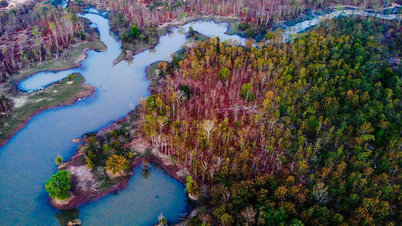

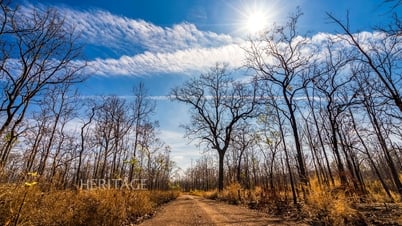

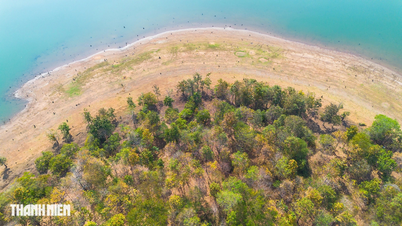



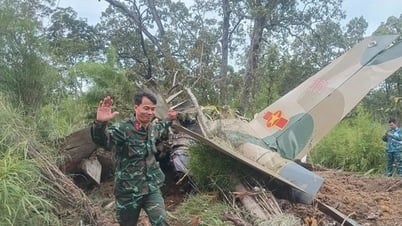

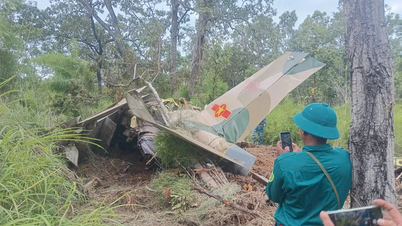


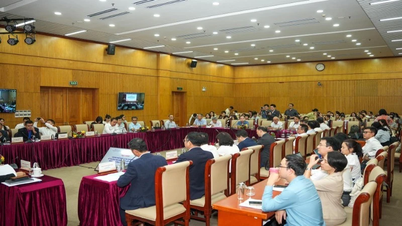














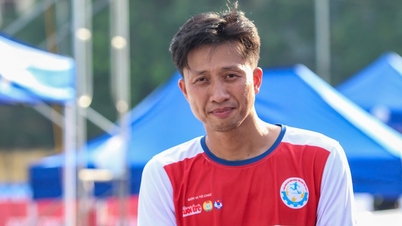

























![[VIDEO] Summary of Petrovietnam's 50th Anniversary Ceremony](https://vphoto.vietnam.vn/thumb/402x226/vietnam/resource/IMAGE/2025/10/4/abe133bdb8114793a16d4fe3e5bd0f12)
![[VIDEO] GENERAL SECRETARY TO LAM AWARDS PETROVIETNAM 8 GOLDEN WORDS: "PIONEER - EXCELLENT - SUSTAINABLE - GLOBAL"](https://vphoto.vietnam.vn/thumb/402x226/vietnam/resource/IMAGE/2025/7/23/c2fdb48863e846cfa9fb8e6ea9cf44e7)
















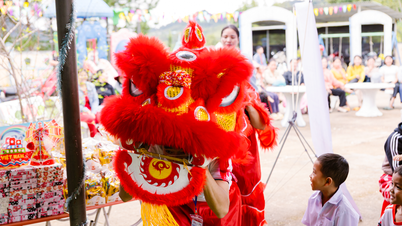

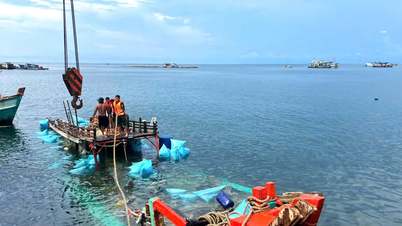


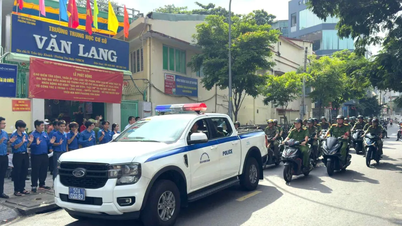
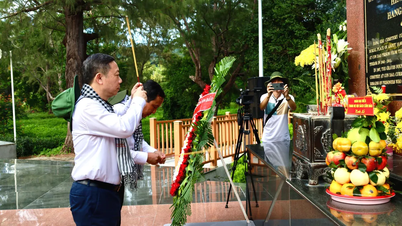
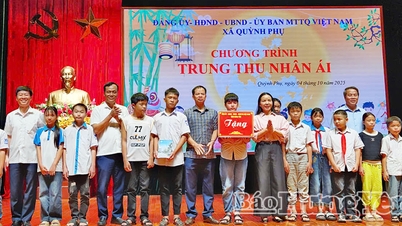






Comment (0)